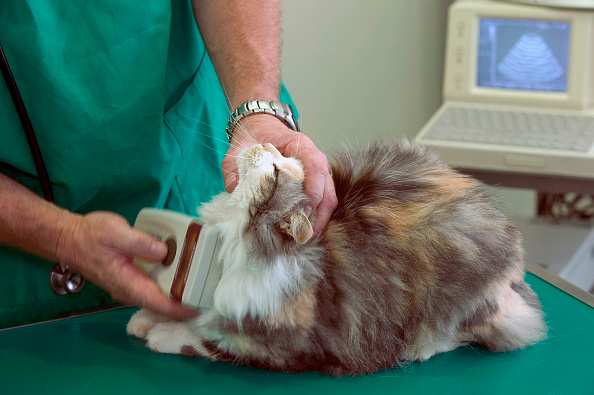
From July 1 next year, all cats in the district, aged more than four months, will need to be microchipped.
This is following the Selwyn District Council last week adopting its new bylaw for keeping animals, poultry and bees.
It follows much toing and froing on the issue. The district council decided to consider provisions relating to the control of cats following Springfield resident Sean Ellis seeking rules for microchipping and desexing.
The district council consulted on the issue in 2019 and found of 311 online survey participants, 78 per cent thought cats should be microchipped and 75 per cent supported desexing of cats before puberty.
However, the district council started its bylaw for keeping animals, poultry and bees consultation process last year with provisions relating to microchipping and desexing of cats omitted. This was following district council staff expressing concerns, including around the district council’s ability to deal with non-compliance with no specific national legislation in place.
A hearing panel for submissions on the draft bylaw in March considered 80 submissions, more than 30 of which were on cats. Most submitters were seeking control measures such as microchipping, desexing, limiting numbers, keeping cats inside at night, and registering.
The panel, chaired by councillor Grant Miller, decided the bylaw should include provision for cats to be microchipped. The bylaw was adopted by the district council last week.
Glentunnel resident Rosalie Snoyink, who was among submitters, applauded the district council for requiring microchipping. However, she was disappointed desexing was not included.
“This is the first step, I would hope they would consider that next time around.”
Miller said the panel veered away from requiring residents to desex their cats when taking into consideration general public feeling throughout the district.
Many felt desexing would be a step too far at this stage. Selwyn had at its base a rural constituency, members of which appreciated the freedom to breed their own cats and not have to go to a breeder to get pet kittens.
Additionally, there was the issue of enforcement. It did not really make sense to introduce a rule if it was not to be backed by an enforcement process, which could be impractical.
It could become an option in future, depending on what lead central government took on feral cats.
The district council has now become the fourth council in the country to require microchipping of cats, along with Palmerston North City Council, Wellington City Council and Wanganui District Council.
National research shows half of cat owners in New Zealand already microchip their cats.
The bylaw aims to protect the public from nuisance, and address public health and safety issues. It includes controls previously contained in the District Plan.
Other provisions include that lambs under six months, a limited number of poultry and no more than two bee hives are allowed on urban properties. With regard to the latter provision exemptions will be considered for more hives on properties greater than 1500 sq m, or located next to a reserve or rural land. Up to 12 poultry are allowed, but no roosters or peacocks.
The new rules will come into effect on July 1, except the rules for cats, which will come into force a year later.

West Melton Vet Centre has shared a microchip success story, which saw a cat that had been missing for four years returned to its owner.
“Toby the adventurous cat went missing from his family in Christchurch city back in 2017,” said centre staff on the vet centre’s Facebook page.
Somehow Toby made his way out to West Melton, where he began living with the stray cat colonies in the area.
“Over the past few years Toby has been making himself known to a West Melton family who have been watching over him,” they continued.
“Last week, this family were finally able to catch him and bring him into the clinic where we scanned him for a microchip. Toby’s microchip was registered through the New Zealand Companion Animal Register, where he was listed as missing.
Toby’s owner was contacted and has since been reunited with them after four long years. He was super happy to see them again and very cuddly when they came to collect him.”
Staff said the story highlighted the importance of microchipping and registering pets through the New Zealand Companion Animal Register.
“Don’t always assume that a wandering cat that’s been hanging around for a while, is wild or a stray. We are always happy to scan an animal for a microchip if needed. Even a friendly much-loved cat can seem wild when scared and lost.”












